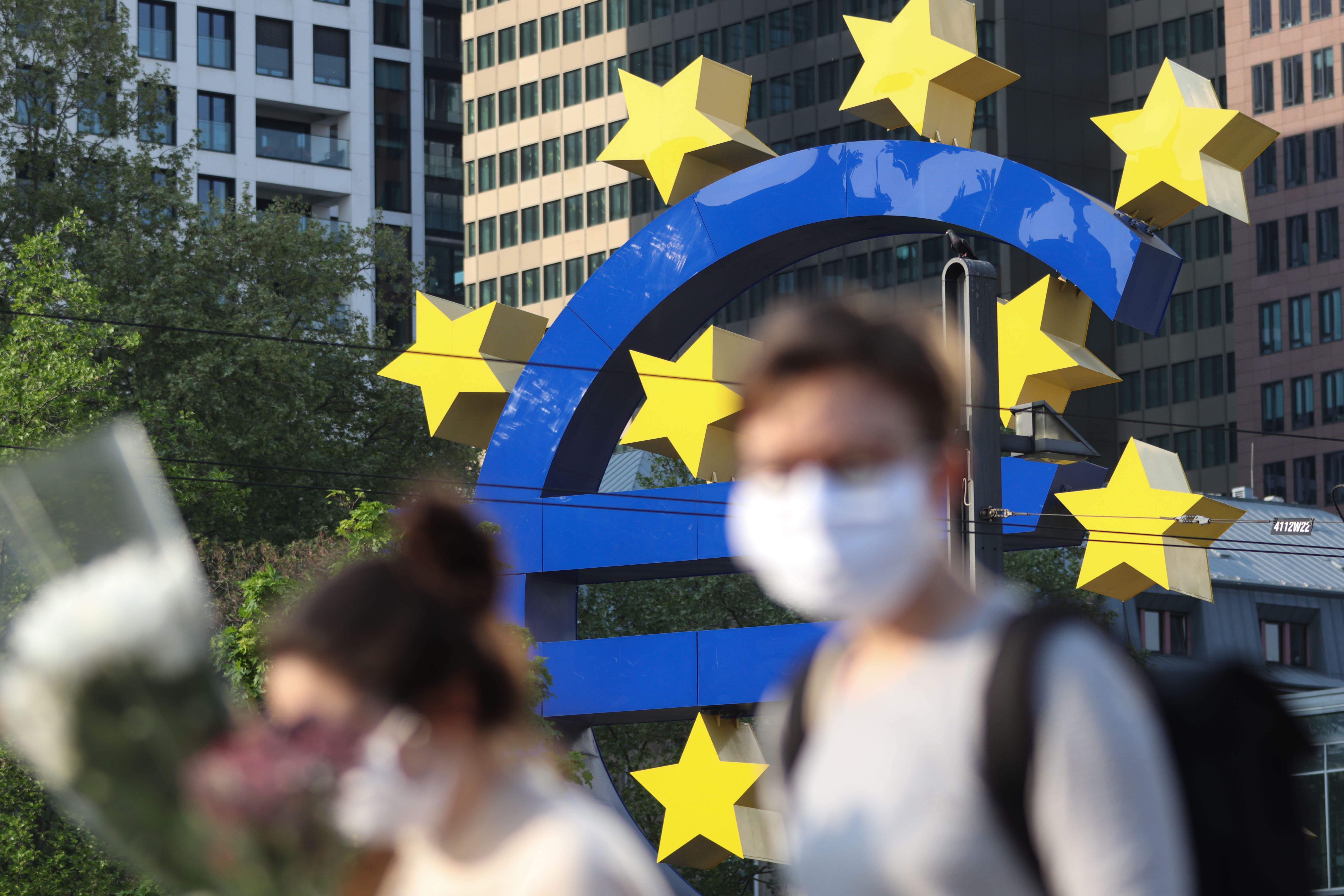ECB hawk says hes uncomfortable with central banks new policy but dissent shouldnt be dramatized

LONDON â€" One of the more hawkish members of the European Central Bank has sought to downplay the division seen at the Frankfurt institution this week, saying that he is still supportive of accommodative policy.
"We all agree we want to be supportive in this phase of the recovery, we all actually want [inflation] to go to 2%, so my dissent shouldn't be dramatized," Belgian central bank governor and ECB member Pierre Wunsch told CNBC's Joumanna Bercetche Friday.
Wunsch confirmed that he voted against the central bank's new guidance on interest rates, announced on Thursday. He said he was reluctant to commit to the potential five or six-year time horizon for dovish policy to remain in place, in line with market expectations, given the possible risks that could force the central bank to change course.
Reports have suggested that Bundesbank President Jens Weidmann also voted against the changes.
"The most important conclusion of the retreat actually, and our new strategy, is what I would call a 'no regret' conclusion, in that we all agree that what we have been doing in the last few years was necessary and proportional," Wunsch said.
"The question is whether this proportionality test that we are going to have to make in the future â€" whether we can remain proportional in what we do and take commitments over a long period of time, like five or six years in the future."
"We might be faced with issues of fiscal dominance, issues of financial dominance, and I just, at the end of the day, did not feel comfortable taking a commitment for five or six years."
Wunsch suggested that he may be "taking forward guidance too seriously," and told CNBC that some of his colleagues at the ECB had suggested the guidance could be altered again should certain changes to financial conditions arise.
The ECB recently hiked its inflation target to a symmetric 2% and tweaked its forward guidance to maintain that inflation looks set to continue well below target following a transitory spike this year, as economies reopen and supply chains remain constrained.
Policymakers have also retained their committed to purchasing 1.85 trillion euros ($2.2 trillion) of bonds until March 2022 as part of the Pandemic Emergency Purchase Program, while interest rates were left unchanged at historic lows on Thursday.
Inflation came in at 1.9% in June and the ECB expects consumer prices to increase further in the coming months, before declining again in 2022 and sliding as low as 1.4% in 2023.
Wunsch said the low forecasts indicate a five to six-year time horizon before policy tightening comes into view, but suggested that the risks to this commitment are clear.
"If you look at what is happening in the U.S., we might have a pickup in inflation which might come sooner and more strongly than expected, which at the end of the day would be good for us because that's what we want," he said.
However, he argued that further issues arise from here, including how to deal with a potential overshooting of inflation targets. The ECB has said it would tolerate an involuntary overshoot as the reopening of economies drives upward price pressure.
"Another concern is what do you do if inflation goes to 2%, 2.1%, and then goes back to 1.5%, 1.8% and you get stuck there?" he said.
"Do you want to go for another five to 10 years of QE (quantitative easing), negative rates, and that is also where I guess I would not be very comfortable, again because we would have to conduct a proportionality assessment and I find it very difficult to make that assessment for potentially such a long period of time."
0 Response to "ECB hawk says hes uncomfortable with central banks new policy but dissent shouldnt be dramatized"
Post a Comment